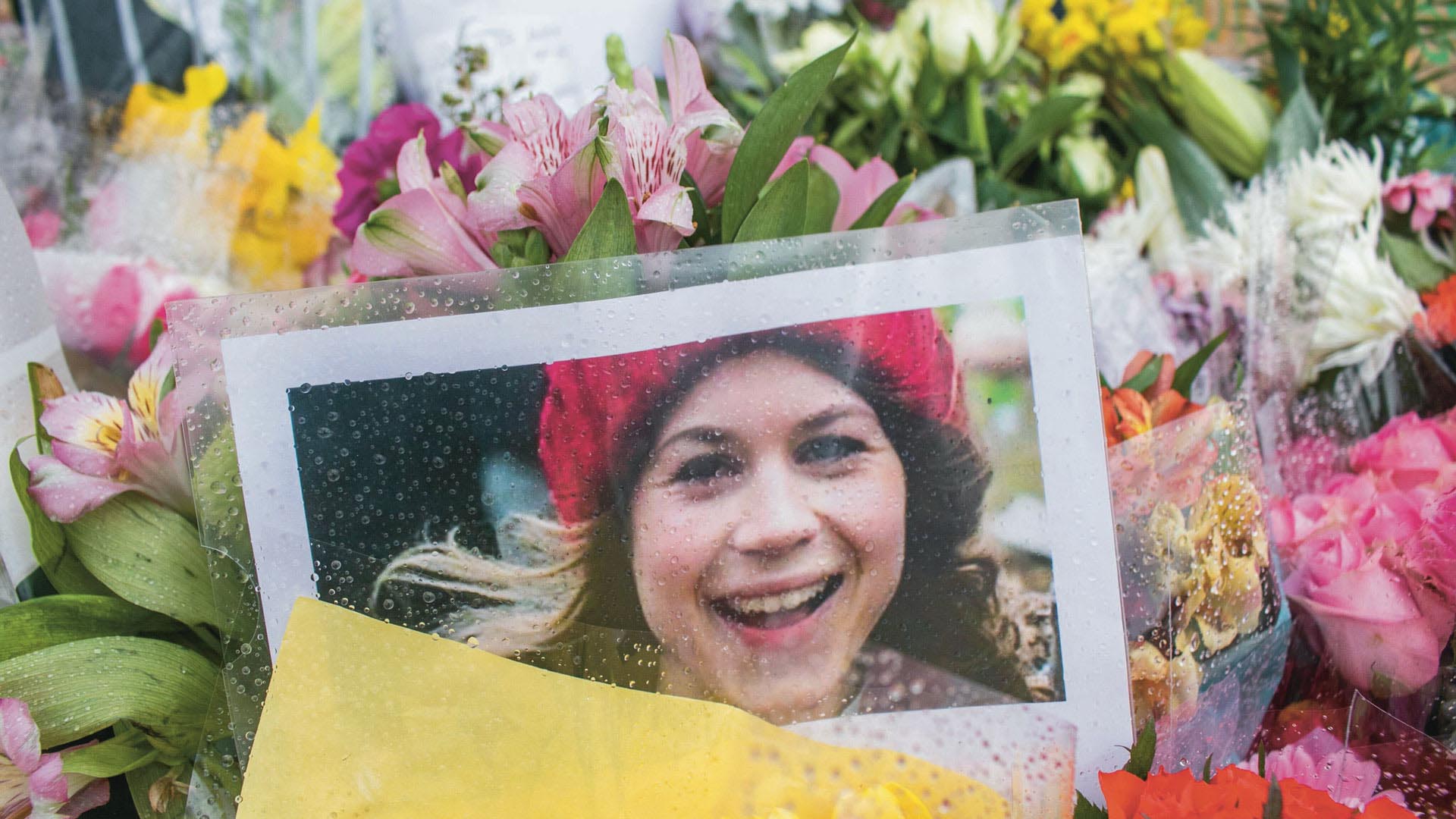By revealing how many chances police missed to investigate Wayne Couzens over 20 years before his abduction, rape and murder of Sarah Everard, the Angiolini Inquiry highlighted the potentially deadly consequences of police devaluing so-called ‘low-level’ sexual offences like indecent exposure.
With charges being brought in less than 2% of rape reports, never mind more trivialised forms of harassment, survivors need a way to hold officers who fail them to account. That’s why we’re campaigning for the Gaia Principle, an amendment to the Criminal Justice Bill, which would mean that an officer who can’t do their job can lose their job.
Get the latest news and insight into how the Big Issue magazine is made by signing up for the Inside Big Issue newsletter
Among a number of other offences, including a serious assault on a teenage girl, the Angiolini Inquiry revealed that Couzens indecently exposed himself to members of the public from his car in Dover in June 2015. Despite identifying Couzens as the suspect, Kent Police closed the case without investigation. This missed opportunity allowed him to continue working in the police, a position he’d go on to abuse when using his warrant card and handcuffs to kidnap Sarah Everard in March 2021.
This is the devastating result of police failing to adequately investigate indecent exposure. It is also an injustice to the victims, who see that it is not a crime that is taken seriously and often internalise this, downplaying the severity of their own experience which makes it even more difficult to access the support they need.
When working as an Independent Sexual Violence Advocate, I cannot tell you how many times I heard a survivor say “it could’ve been worse, at least it wasn’t rape”, as if care, attention, specialist support and an adequate police investigation should be reserved only for victims of select sex offences.









